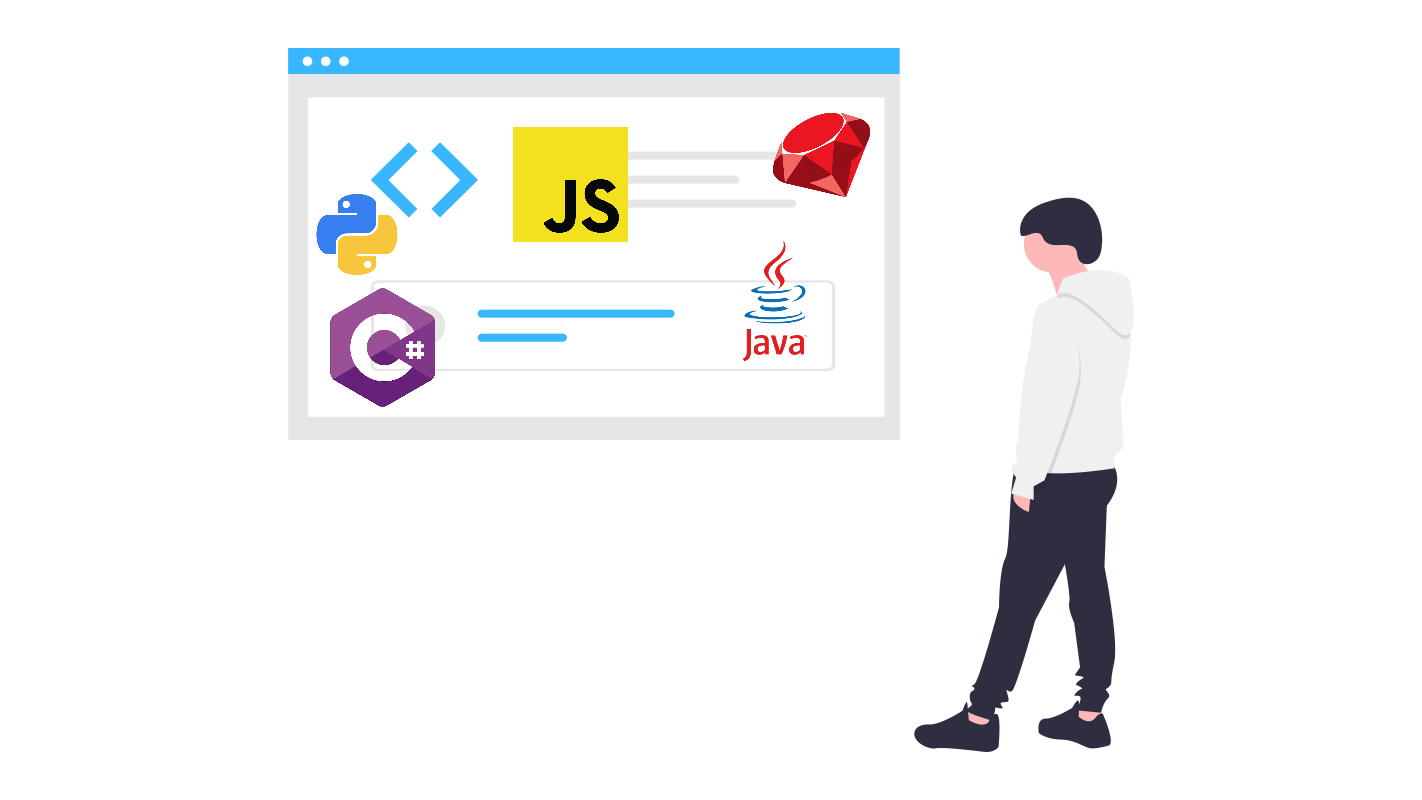
Top 5 Best Programming Languages for Test Automation
📅 27 Mar 2023 | ⌛ 7 min read
If you're interested in ...
- Learning what are the best programming languages for test automation
- Understanding their pros and cons to make better decisions
- Knowing what libraries and tools can help facilitate automation
Then you're in the right place. I'll go over ...
- The top 5 best programming languages for test automation
- What makes them great and not so great solutions
- How you can take advantage of free open source software to enhance your experience
If you prefer a video version with way more memes, check it out below. Don't forget to subscribe to my YouTube channel as well for more great content.
- Intro 🌠
- What is test automation? 🤖
- Honorable mentions 🌟
- 5. Ruby 💎
- 4. C# #️⃣
- 3. Python 🐍
- 2. JavaScript 💻
- 1. Java ☕
- Conclusion 🏁
Intro 🌠
The domain of test automation continues growing in popularity as well as importance nowadays, as more and more companies are trying to release newer and better products. One major impediment in every new release, however, is testing, since you do not want to give clients an experience that's filled with bugs or doesn't work as intended.
As such, automation is used to shorten testing time and minimize the possibility of human error during the actual verification process.
However, actually implementing test automation is easier said than done, as there are a huge number of variables that you must take into account.
The most important one is what programming language to use while actually configuring your automation for testing purposes.
What is test automation? 🤖
First, let's define a bit the most common usages of test automation. Like the name implies, it is often a solution to automate testing for different applications, websites, or experiences. This automation can range from just eliminating tedious manual interactions to completing user journeys and end-to-end flows through a system.
Most of the interactions usually involve some sort of front-end or back-end interaction, so your chosen programming language should have ways of performing these things, either out of the box via its standard library or through extensions, preferably free open source software (FOSS).
Honorable mentions 🌟
Before jumping into the actual top five, I want to make it clear that almost all popular programming languages can be used, to varying degrees of success, for test automation. From Go and PHP, to Perl and many others.
What's more, don't forget the importance of scripting languages, such as Bash, since they often help automate the boring manual interactions with files, logs, and other such things.
5. Ruby 💎

Ruby's popularity may have gone down in recent years but it's still a very loved language by developers, especially thanks to frameworks like Ruby on Rails, as well as testers, since it's fairly easy to read and understand.
It's a first-class language supported by Selenium, one of the most popular Browser automation tools out there, and you can easily write up back-end interactions in just a few lines of code.
It's also responsible for some popular test automation tools like Capybara and is supported by BDD frameworks such as Cucumber or the Ruby-specific RSpec.
In terms of disadvantages, it is not as popular as the other languages in this chart and you may have trouble finding automation engineers with Ruby knowledge.
4. C# #️⃣
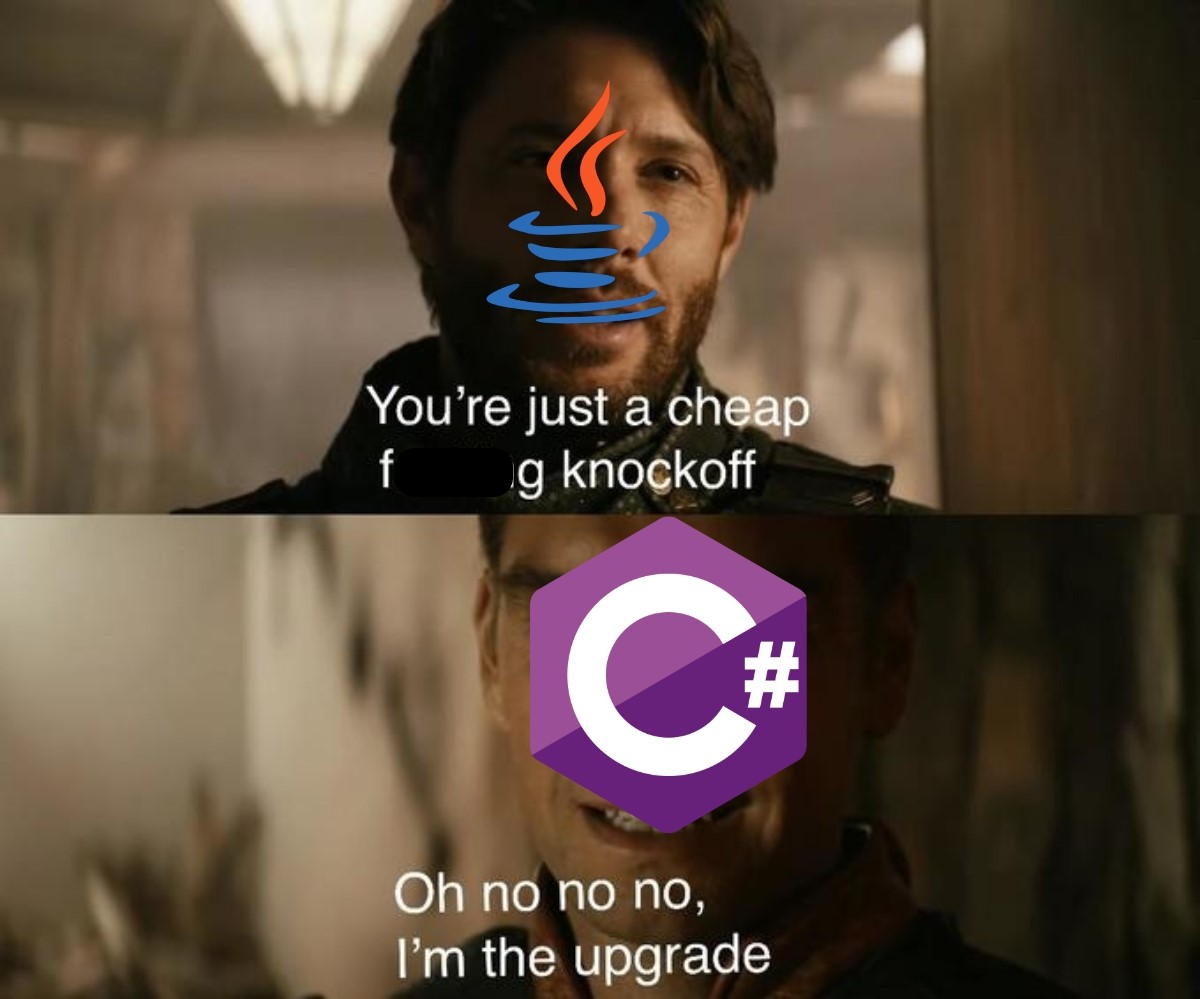
Long ago, C# and the .Net framework from Microsoft were only used when it came to Windows software, but in recent years, they've embraced other platforms and are great solutions not just when it comes to development but also test automation.
C# benefits from a powerful yet fairly easy to understand syntax, great support from open source automation libraries such as Selenium and Appium, not to mention some great test-oriented solutions like NUnit, xUnit, and MSTest.
The ace in its sleeve is the extremely robust Visual Studio IDE which enables easy code writing, execution, and, of course, debugging.
In the cons section, C# is still a slightly niche choice in terms of development as well as testing when it comes multi-platform products.
3. Python 🐍
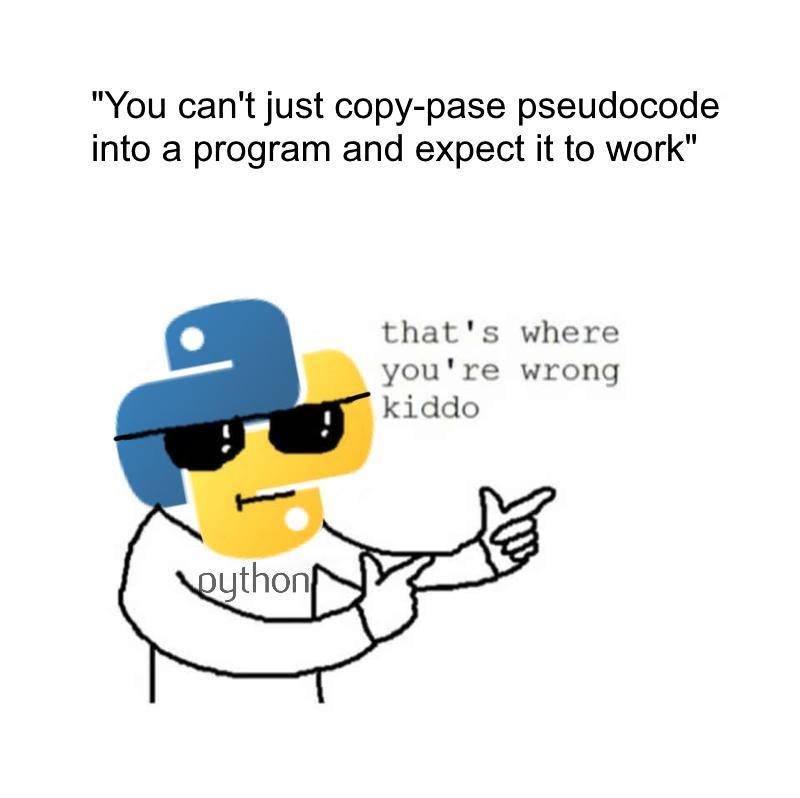
Python is the one of the most popular introductory languages for those interested in learning programming. Its simple syntax, powerful set of features, huge number of helper libraries, and multi-platform nature make it a great choice not just for newbies but also test automation engineers.
It boasts some powerful tools like PyTest and Robot Framework which help automate interactions on almost any sort of platform, not just front-end and back-end.
It can also be customized in many different ways and its automation complexity can range from just a few basic scripts to full-fledge frameworks that handle configuration, execution, reporting, and more.
As for disadvantages, Python's huge ecosystem makes it a bit difficult to settle on specific tools, while the lack of static typing may lead to errors during execution.
2. JavaScript 💻
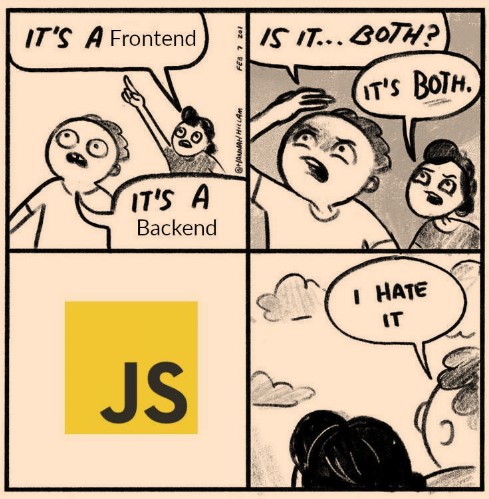
The other most popular introductory programming language for many is JavaScript, usually learned in the context of web development with HTML and CSS. Much like with Python, it benefits from a simple syntax, a huge number of helper libraries courtesy of NPM, and is a great choice especially when it comes to automating tests for websites across all sorts of platforms.
In terms of tools, some of the most important can help with test execution and reporting, like Mocha, Jest, or Jasmine, while others offer a complete test automation experience, such as Cypress.
Much like with Python's disadvantages, JavaScript also suffers from the double-sided nature of its huge array of extensions, as well as from the different security issues that appear from time to time on NPM. The lack of static typing can also cause issues especially in larger frameworks.
1. Java ☕

In case you haven't read my previous articles on this blog, I use Java a lot, both in my personal as well as my professional projects. However, its number one spot isn't just due to my subjective opinion.
Java is still hugely popular all around the world and comes with a solid standard library but also a big number of high-quality extensions that further improve your code, your functionality, and of course your automation.
One of the biggest strengths is that its popularity has led to a huge number of tutorials that show how to do almost anything in Java, and, when you run into problems, as with any programming language, you'll be able to find solutions on sites like StackOverflow very easily.
IntelliJ is a fantastic IDE even in its free Community edition. You get some great libraries from the likes of Apache, not to mention frameworks like JUnit, TestNG, Selenium, Cucumber, and many others.
Of course, Java is not without problems. It is a very verbose language, meaning you write a lot of code to achieve simple behavior. There are, of course, libraries that add simpler interfaces to help, but you still end up typing a lot.
It has a harder syntax than JavaScript or Python and the learning curve is steeper. It can also lead to creating solutions that are more complex than needed with its object-oriented nature.
Conclusion 🏁
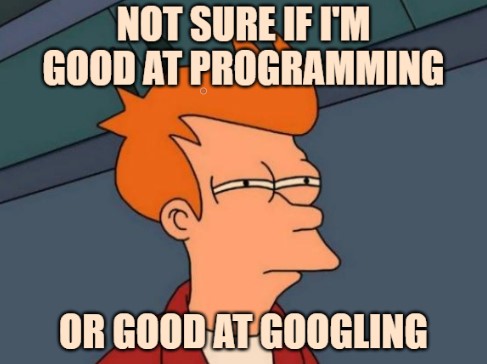
In summary, there are many high quality programming languages out there. For test automation, these five are some of the best choices you can make, but don't be afraid to try others if they spark your curiosity.
Share your favorites by reaching out to me on Twitter. I’ve been exposed to lots of languages over the years but I’m always curious to know more from the experience of others.
I plan on creating in the future another video & article about how to pick the best language for a test automation project, so make sure to subscribe on YouTube so that you can get notified when it goes live.